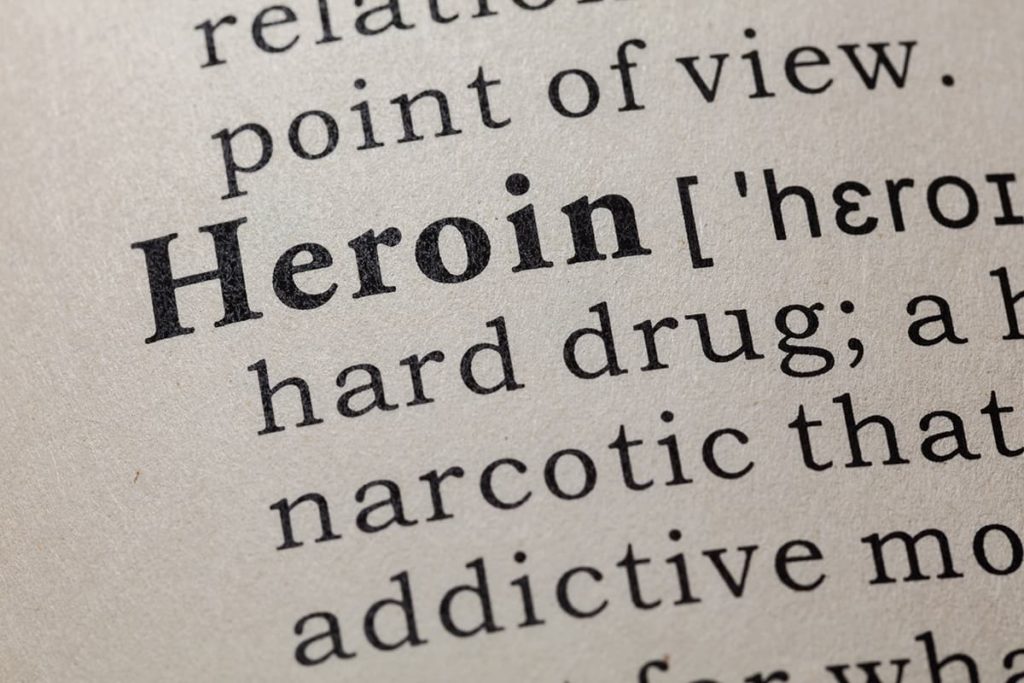Mental health disorders are often quite complex and require a lot of professional care to manage. For example, the root of many emotional troubles is often behavioral issues that can be hard for you to identify and treat without help. As a result, you may need care options such as cognitive-behavioral therapy to recover. But just what is cognitive-behavioral therapy? And can this care option help with issues such as addiction? Thankfully, CBT can be used to manage substance abuse of just about any type, and understanding these points can ensure that you get the help that you need.
What is Cognitive-Behavioral Therapy?
Cognitive-behavioral therapy or CBT is a unique care option that helps to change adverse behaviors for good. The goal is to identify false or distressing ideas or beliefs that influence your unconscious mind. For example, you may have the idea that you are “fat” or “stupid,” which causes you to react to things in unfortunate ways, such as trying to lose weight with heavy dieting when you’re already very skinny or staying too long at a poor job because you don’t think you can do better.
The tough thing about these unconscious thoughts is that they are often such an ingrained part of who you are as a person. Many likely developed when you were quite young and refuse to go away. As a result, you may find it nearly impossible to see beyond them or understand their adverse effect on your life. Thankfully, CBT can help by giving you the insight that you need to manage these negative perceptions in a way that transforms your life for the better.
How Does Cognitive-Behavioral Therapy Work?
People asking, “what is cognitive-behavioral therapy?” also want to know exactly how it helps them recover from mental health issues. A typical CBT process starts by matching a person with a behaviorist for mental health treatment who understands their unique troubles. Then, it expands to provide assessment and care to tweak your behaviors in beneficial ways. A behaviorist working with CBT helps by:
- Examining the thought patterns a person experiences every day
- Identifying where negative ideas enter these patterns
- Spotting these ideas and knowing how to counter them
- Focusing on positive feelings that help to feed the subconscious happier ideas
- Reinforcing these ideas in ways that change patterns of behavior for good
The process of CBT is not one that can be rushed or hastened in any way. Instead, it is critical to make sure that you focus on this type of psychotherapy every day to ensure that its lessons sink into your subconscious. The idea behind it is that careful adjustments to your thoughts and your patterns of behavior will gradually become automatic. As a result, you will no longer have to avoid adverse actions consciously – your subconscious mind will do it for you.
Does Cognitive-Behavioral Therapy Help With Addiction?
When asking, “what is cognitive-behavioral therapy?” you need to understand how it can help with addiction treatment methods. First of all, this care option can help to gauge the levels of a person’s behavioral addiction. Remember, the subconscious rewards the conscious mind and the body for giving in to what it wants. And addiction rewires this part of the brain to make it very difficult to resist the urge to use drugs. However, CBT helps to decrease this problem by changing the behaviors that lead to addictive behaviors. For example, you can use CBT techniques to read your thoughts carefully and understand how they trigger substance abuse. You can then change your response to reinforce positive actions, avoiding triggers, and other issues that may make it more difficult for you to prevent substance abuse.
Don’t Neglect Your Care
If you need help answering the question, “what is cognitive-behavioral therapy?” please don’t hesitate to contact us at The Ranch to learn more. When you call 1.844.876.7680, you get access to a high-quality treatment specialist who will do what they can to ensure that you can regain your sobriety.




